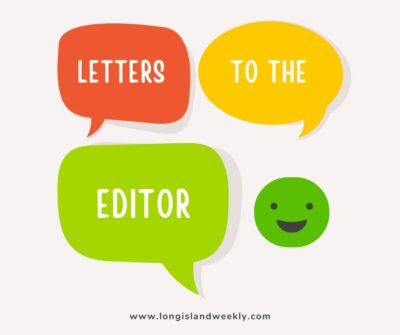
Take action to support eating disorders research and prevention
By Chelsea Kronengold
Between social media, friends, family and what we see on TV, we receive messages that we must look and act a certain way, no matter the cost. As someone who is in recovery from an eating disorder, I know firsthand how damaging these pressures can be.
In the United States alone, more than 30 million people will suffer from an eating disorder (roughly one in every 10 Americans) and millions more will struggle with body image and eating issues. The three most common eating disorders are anorexia nervosa, bulimia nervosa and binge eating disorder (BED). Other disorders include: avoidant/restrictive food intake disorder, rumination disorder, pica, other specified feeding or eating disorder and unspecified feeding or eating disorder. While there is no single cause of body dissatisfaction or disordered eating, the best-known environmental contributor to the development of eating disorders is the sociocultural idealization of thinness.
From a young age, I internalized this thin-ideal, which contributed to an unhealthy relationship with food and weight. Over the years, I attempted (almost) every diet imaginable with encouragement from doctors and family members. With each unsustainable diet and exercise regimen, I felt like a failure and it wasn’t until recent years that I learned it was dieting that failed me. Ninety five percent of diets don’t work. After years of yo-yo dieting and weight cycling, the only thing I walked away with was shame, weight stigma and eventually a BED diagnosis.
There is a perception that eating disorders are a fad or choice, but I can personally attest that nobody would voluntarily go through this experience. Eating disorders are complex medical and psychiatric illnesses that stem from genetic, biological, environmental and sociocultural issues. Eating disorders are serious, potentially life-threatening conditions that involve extreme emotions, attitudes and behaviors surrounding food, exercise and body image.
Contrary to common stereotypes,anyone can develop an eating disorder regardless of gender, ethnicity, age, socioeconomic status, sexuality or background. Yet, too many of those affected do not receive the help they deserve due in large part to the silence, shame and misconceptions surrounding these illnesses. Likewise, those who don’t fit the old-school narrative about what someone with an eating disorder looks like might struggle to recognize that their eating behaviors resemble an eating disorder or fear that others won’t believe them. I know that was the case for me.
That is why the National Eating Disorders Association (NEDA) prioritizes inclusivity and encourages people to “Come as You Are,” regardless of your demographics and stage of body acceptance and/or eating disorder recovery. As the leading nonprofit organization dedicated to supporting individuals and families affected by eating disorders, NEDA spearheads the largest eating disorders outreach effort in the country: National Eating Disorders Awareness (NEDAwareness) Week.
If you are struggling with an eating disorder and are in need of support, contact the NEDA Helpline at www.nationaleatingdisorders.org/helpline.
Chelsea Kronengold is the communications manager for the National Eating Disorders Association.


















